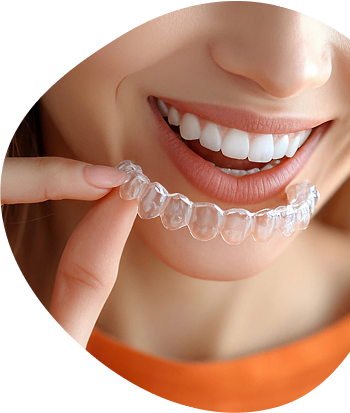Laser Bacterial Reduction is used to invade and destroy bacteria before it causes inflammation in periodontal disease with dental soft tissue lasers. The lasers vigorously target bacterial colonies that are unreachable by other methods and promotes healing with a non-cutting tissue method. Periodontal disease and gingivitis are the results of plaque buildup. Gums react to this bacterial invasion with an inflammatory response around the base of each tooth forming a small, warm and dark crevice that houses bacteria. As you work with your dentist to discuss a customized plan for periodontal therapy in Colorado Springs, here are some things to know before your procedure.
When possible it is highly recommended that you consider laser bacterial reduction as a preventative step to achieve the best oral health possible. At Crossroads Family Dentistry we utilize state-of-the-art lasers to gently brush over areas that may be concentrated with bacteria and allow the tissue to regenerate on its own. The laser motion sweeps across bacteria, effectively killing harmful colonies. The goal is to reduce the number of bacteria that could potentially cause inflammation in just seconds. Most non-advanced cases call for a procedure resulting in one or two treatments before a hygienic procedure. With a proper home care plan, most tissue will re-attach within a few weeks and bacteria levels will return to a healthy level. Destroying dangerous bacteria in the mouth can boost your overall health and improve your immune system as well. Other advantages of laser bacterial reduction include less swelling in the gums, less bleeding, and minimal tissue damage should you already be experiencing some discomfort in the gums caused by bacteria build-up.
According to the Centers for Disease Control and Prevention “47.2% of adults in the U.S aged 30 years or older have some form of periodontal disease.” Although there are many benefits to having laser bacterial reduction, know that it is not meant to replace recommended treatment therapies if needed, especially in advanced cases. Laser bacterial reduction is meant to be an additional treatment used to promote non-cutting methods. It helps prevent the spread of infection to other areas of the mouth and kills bacteria associated with periodontal disease before it becomes an advanced gum disease. Call us today to schedule your appointment for Laser Bacterial Reduction and stay ahead of any bacterial colonies wanting to form and take over your healthy gums.










.png)


